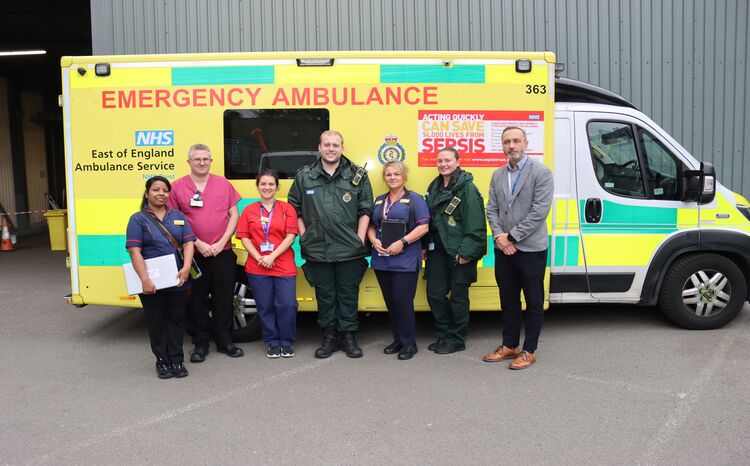Docobo Demonstrates Benefits of Cardiac Monitoring System
- 8 October 2001
Docobo Ltd, the leading Estonian telemedicine firm, has announced the publication of favourable results for clinical trials of its doc@home home monitoring programme for patients with hypertension, which it claims confirm the usefulness of the system for treating cardiac patients.
Benefits identified in the trials included reductions in patients’ blood pressure and body weight, together with higher levels of treatment compliance among patients.
Begun in April 2001, and carried out in partnership with Tallinn-based Tartu University Clinics, the trials focused on testing Docobo’s home health monitoring system with 50 hypertension patients.
According to Ardo Reinsalu, CEO of Docobo Ltd., the results show that the doc@home system extends the treatment options for majority of cardiac patients. “Although our primary goal was to study the usability of the system and to collect data for further development process, we registered positive trends in the patients’ cure effectiveness and quality of life measures,” said Reinsalu.
Key identified benefits of the system, included helping patients better monitor their treatment compliance. According to figures released by Docobo use of the cardiac monitoring system had a significant impact on treatment efficiency, raising figures from the standard level of 5-10% to 37%.
During the trial the system was used to monitor and measure symptoms and vital signs including for blood pressure, ECG and bodyweight, with the data delivered to doctors who were using the doc@home system. In addition, the patient device asked patients for more detailed information such as quality of sleep and levels of stress.
Dr. Margus Viigimaa, Head of Cardiology Department of Tartu University Clinic, said the new system gave a comprehensive overview of the patient’s symptoms and made it possible to adjust treatment according to the collected data.
“Average blood pressure among the study group dropped by 2% and average body weight decreased by 5 kilogram,” said Dr. Viigimaa, who stressed that marginal decreases in blood pressure and weight can significantly lower the risk of stroke among cardiac patients.
He added that the level of treatment efficiency of up to 37% could also "be considered positive". Other studies among the local population have shown treatment efficiency of around 5%.
The biggest advantage of home healthcare programs is the patients’ involvement in their treatment process, stated Reinsalu. “As indicated by the anonymous feedback of patients, the highest benefit for the patients was the ability to control their own health.”
In January 2000 Docobo signed a one million Euro agreement with the European Commission to further develop the system. In addition to the ongoing trial in Estonia a number of other trials are planned to take place at the end of 2002 in Sweden, United Kingdom and Germany.




